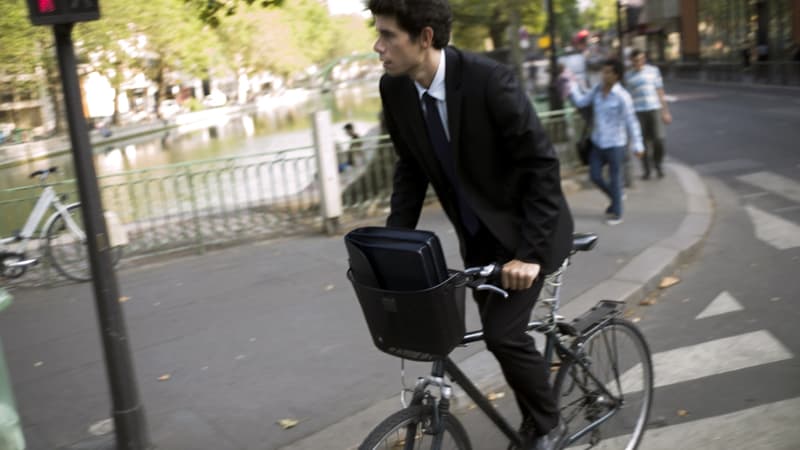While eco-consciousness in commuting is progressing, it is still often hit with roadblocks for most employees.
Thus, according to the “State of play* of home-work mobility for employees” carried out by Toluna and Harris Interactive for Edenred, the personal car (65% of those surveyed) continues and always appears as the preferred means of transport to get to at work, ahead of public transport (27%), walking (22%) or cycling (10%), knowing that several answers are possible when different means of transport are used by the same person.
Overall, the share of employees exclusively using sustainable modes of transport is now 30%. It is an offer that is not always adapted to many populations, especially rural ones.
At the same time, 50% of French employees say that they use their personal car exclusively to go to work.
Less than 150 euros per month for most employees
74% of French employees spend on average less than 150 euros per month commuting from home to work. But the more isolated we are, the heavier this budget becomes: 32% of employees residing in rural areas spend more than 150 euros a month, particularly for the price of gasoline, this population being the one that uses the car the most for go to work
And the assumption of part of this budget by businessmen continues to be a minority (39% reimburse part of these expenses compared to 54%). All the more so in very small companies where 70% do not pay their employees anything.
Certain profiles are privileged: 52% of executives benefit from partial coverage of these costs, as do 62% of employees in the Paris region.
The total or partial coverage of the public transport pass, the flat-rate travel voucher and the mileage are the measures most used by businessmen.
Sustainable mobility package: the best lever to promote modal change
69% say they receive less than 100 euros per month, of which 45% less than 50 euros per month. Amounts considered insufficient by the majority of employees: 52% believe that these grants only partially cover the needs and 17% only a small part of the needs. 86% believe that employers should contribute financially to all costs related to commuting for their employees.
The generalization of the sustainable mobility package system is also desired by the majority (80%) of employees to promote modal shift. 52% advocate aid of less than 100 euros per month, 48% for a higher amount. It is still necessary to know about the existence of this device: 49% of the surveyed employees admit to having never heard of it.
But proof that mindsets are changing, more than 8 in 10 employees, and 72% of employees who use only their car to get to work, believe that this help could encourage them to use sustainable modes of transport with more frequently.
The ball is, therefore, in the court of the company.
*: survey conducted online from February 14 to 22, 2023. Interviewed sample of 1,510 people representative of French employees (public and private companies of all sizes) over 18 years of age. Quota method and adjustment applied to the following variables: gender, age, socio-professional category, sector of activity and size of the respondent’s company.
Source: BFM TV


